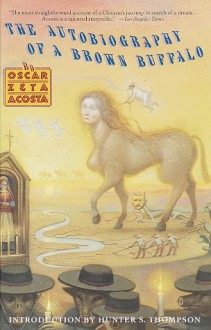
1984 is probably THE book when it comes to dystopian fiction, it is a canonical or if you like „classic“ novel, but now I wonder if it really deserves this status.
My dystopian October readings included Evgenij Zamjatins We, which was actually the blueprint for 1984 (believe it or not, but since Orwell knew Russian very well, he was quite familiar with Zamjatins writing), so I was quite eager to read both novels and now I just don’t understand how Orwell didn’t come up with something better.
I was honestly bored throughout most of the time and this has nothing to do with a lack of action in a traditional sense or the average plot, but first and foremost with the characters (1), the structure (2) and the length (3).
1. Good characters make good texts in my opinion. To really engage while reading, I have to feel something for at least one of the characters. This can be a liking for someone, love, dislike or even hate – but in 1984 I did not really like nor dislike anyone – I am simply completely indifferent to all of them. Where is the charisma, the uniqueness, the personality? One might argue that in the 1984-kind of future these traits are not allowed to exist, therefore no one possesses them, but then I say that this is what makes us human. I understand, that the average citizen of Oceania doesn’t have any personality, but what about Winston and Julia? I cannot remember ever having a protagonist who was such a flat, non-developing character.
2. If the characters are bad, sometimes the writing style or the structure of a novel can help to counterbalance the deficit. But not in this case. One cannot even see the plot for all the repetitions. So many unnecessary repetitions. The past is constantly altered and people killed by the Party have never even existed. Point made. It is a good point. But point understood the first time. There is no need to come back to this in every other chapter.
Also, Orwell obviously went through a great deal inventing Newspeak. Then why isn’t Newspeak incorporated more? I mean, seriously, compared to Burgess’s Nadsat, which is quite unintelligible at first, Newspeak is not hard to grasp.
3. The sheer length of 1984! This ties in with point 2 about the repetitions – You could cut out so much and it wouldn’t affect the story at all. When I was probably half through I started thinking, that maybe 1984 would work really well as a short story. And I don’t say this in regard to the shortened attention span of us modern people, but because our social, cultural and literary Erwartungshorizont has been pushed forward so much since 1949 that a modern reader is no longer challenged by this.
All in all, I had high expectations for 1984 and maybe that was the problem.


 Log in with Facebook
Log in with Facebook 

















